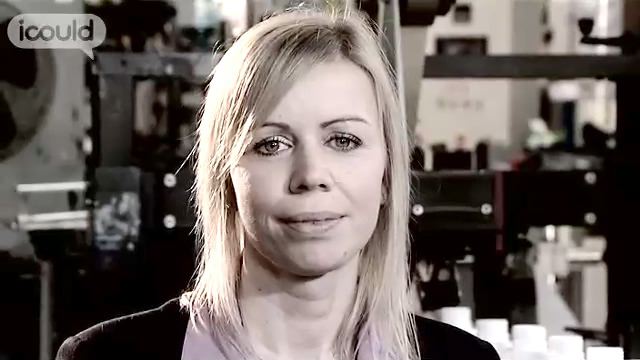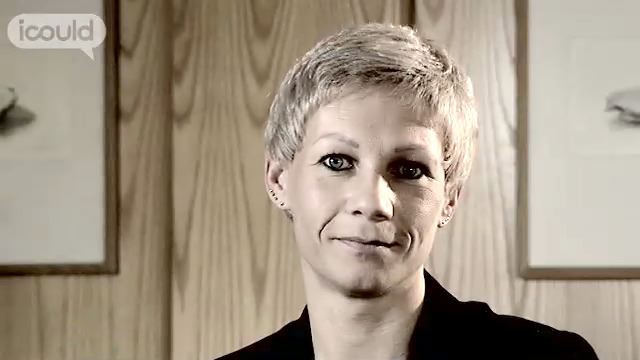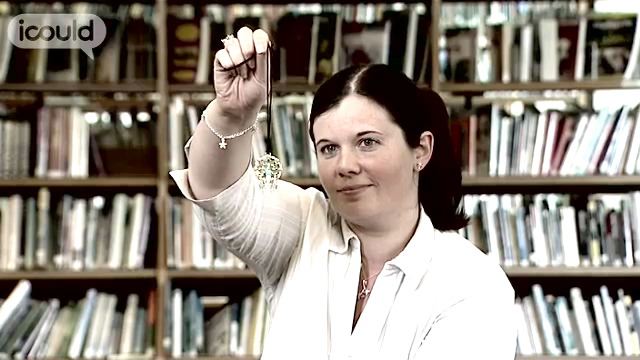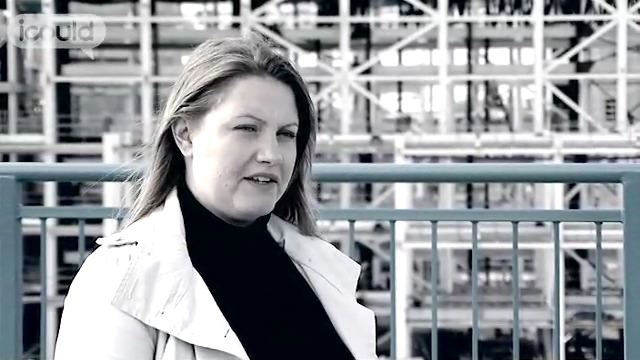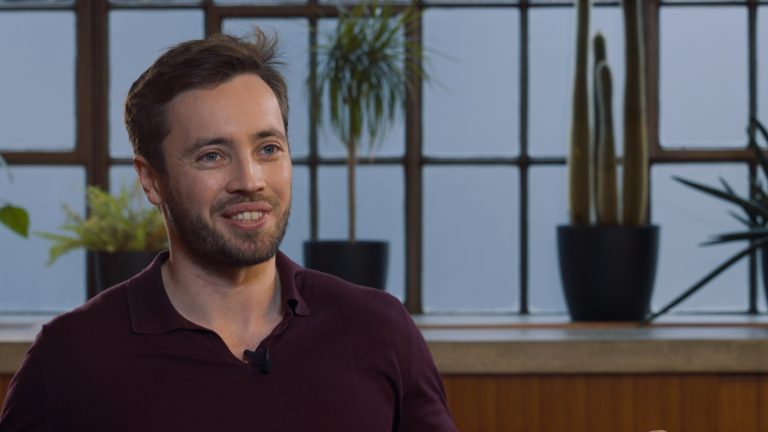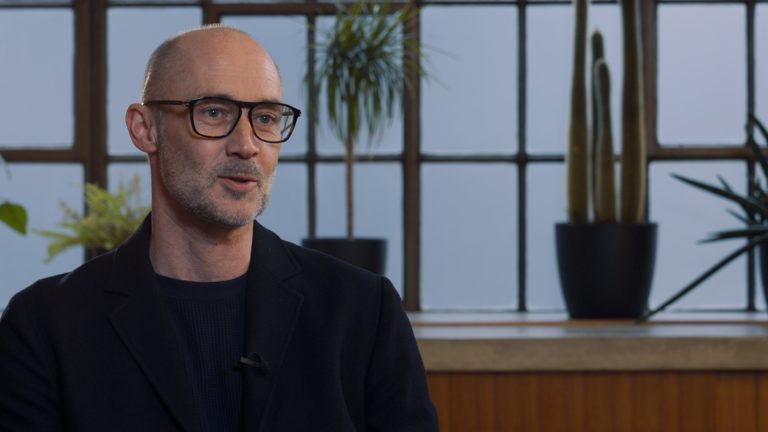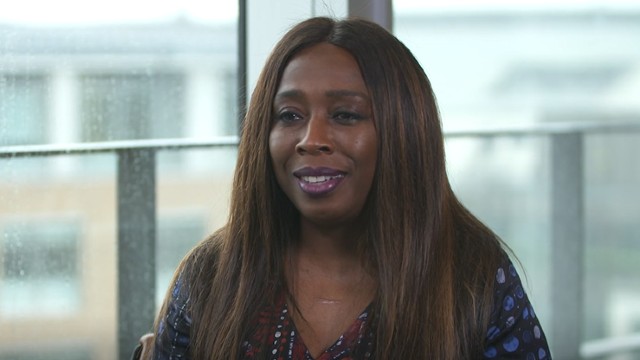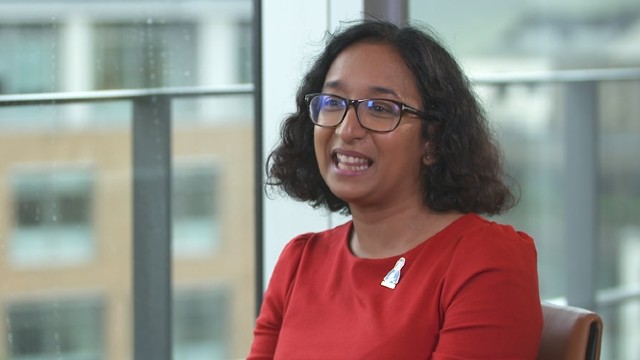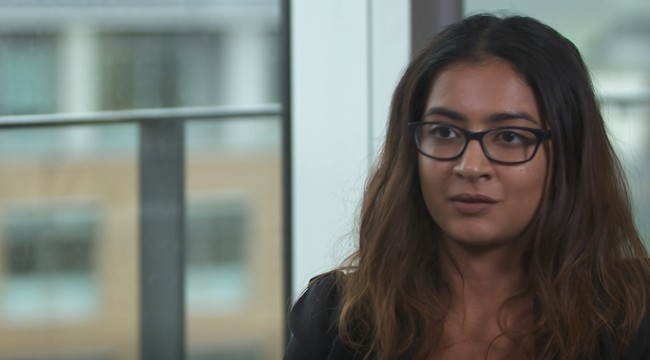Associate Director, Human Resources
Fidelity International
Elizabeth W
00:00:03 Elizabeth W, Associate Director of Human Resources. You work with a business area, and your contribution to helping them is if they’re – what they’re wanting to do with their business area, you are there to help them more from a people point of view. So making sure that you’re getting the best out of the people that are in their team, identifying areas that they might need to recruit, or to find other people who have better skill-sets, to just making sure that if they move on to something else, that they’re leaving their patch, their business area, in the best way that they could be. So it’s really looking – helping a Business Manager figure out what he or she would like to do, and making sure they’ve thought about the people aspects.
00:00:42 After I left High School, in Canada, I didn’t know what to do. So I decided to take a year out, and I started to work for CIBC, the Canadian Imperial Bank of Commerce. Just in their branch, regular person that would, you know, if any questions with your bank account you’d come and sort of see a Sales Representative, and I was one of those. And my year turned into three, and I enjoyed working, I enjoyed having my own money, I enjoyed not living at home, and all those things that came with that. So I decided not to go back to University, and then from there continued on. And I really enjoyed the people aspect, I enjoyed people coming asking me questions, me being able to figure out how to – to find the answers, and the banking system I always found was a bit confusing so that that was quite, you know, it was an interesting job for me.
00:01:31 Yeah I worked for CIBC for three years, and then I moved to Taiwan. And really that was because I wanted to do something different. I always wanted to travel. I was born here in the UK, and we emigrated to Canada when I was five, so I probably had a bit of a travel bug in me anyway. So I moved to Taiwan, and started to learn a bit of Mandarin Chinese, and taught English for the next few years. It was fantastic. Taiwan was a great place, it was a real challenge, it was so different from home, no two days were ever alike, met some fantastic people there, so I really enjoyed myself. I certainly felt I grew up. I felt that, you know, when you sort of strip away a lot of the comforts of home, you definitely do have to learn to stand on your own two feet. So that’s – I felt I learnt that in Taiwan. And I was there for two years.
00:02:25 Then I decided that I enjoyed Asia so much, so I moved to Hong Kong, and started looking for work, and that’s when I started working in sort of in executive search, a recruitment type environment, as a researcher. And again it obviously goes back to working with people, and interviewing people. I think I enjoy sort of meeting people and finding out what their background is, so I really enjoyed that aspect of that. So that’s really why I became interested in moving into human resources, was to kind of have both aspects of it. You can still work on the recruitment side, but then you also want to find out – does this person actually fit the organisation, and culturally does it all match?
00:03:05 Think when you’re working in financial services obviously the markets have a big – reflect quite a bit on sort of the mood of an organisation, and what’s happening. So certainly the low points for me would be when the markets are more difficult, and you know when you’re looking at you know reducing head count as opposed to increasing it, that’s never a nice place for anybody to be in. To kind of resist it, or to just find it – struggle through it, just doesn’t seem to work, you just have to kind of keep on moving through the whole thing, and realise that next month, next week, next year, it could all be much better.
00:03:41 I definitely still have a travel bug, so I would love to travel again. But if I don’t then, you know, I’ve already enjoyed that so – no, I don’t really have a career path, I don’t – I think I’ve just – maybe I’m more of a now person. I enjoy now, and I kind of feel that the opportunities will present themselves to me, and I’ll sort of decide then.
ENDS
Elizabeth W works in HR for finance company Fidelity. She enjoyed gap year work so much she never went to University. She worked her way around the world: Canada, UK and Asia. She loves interviewing people.
